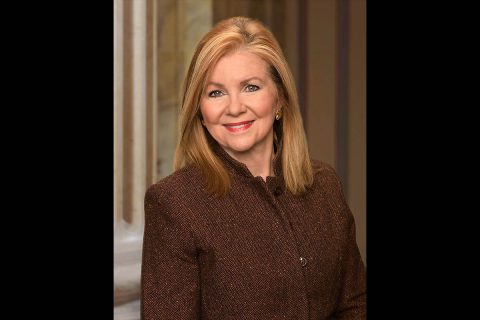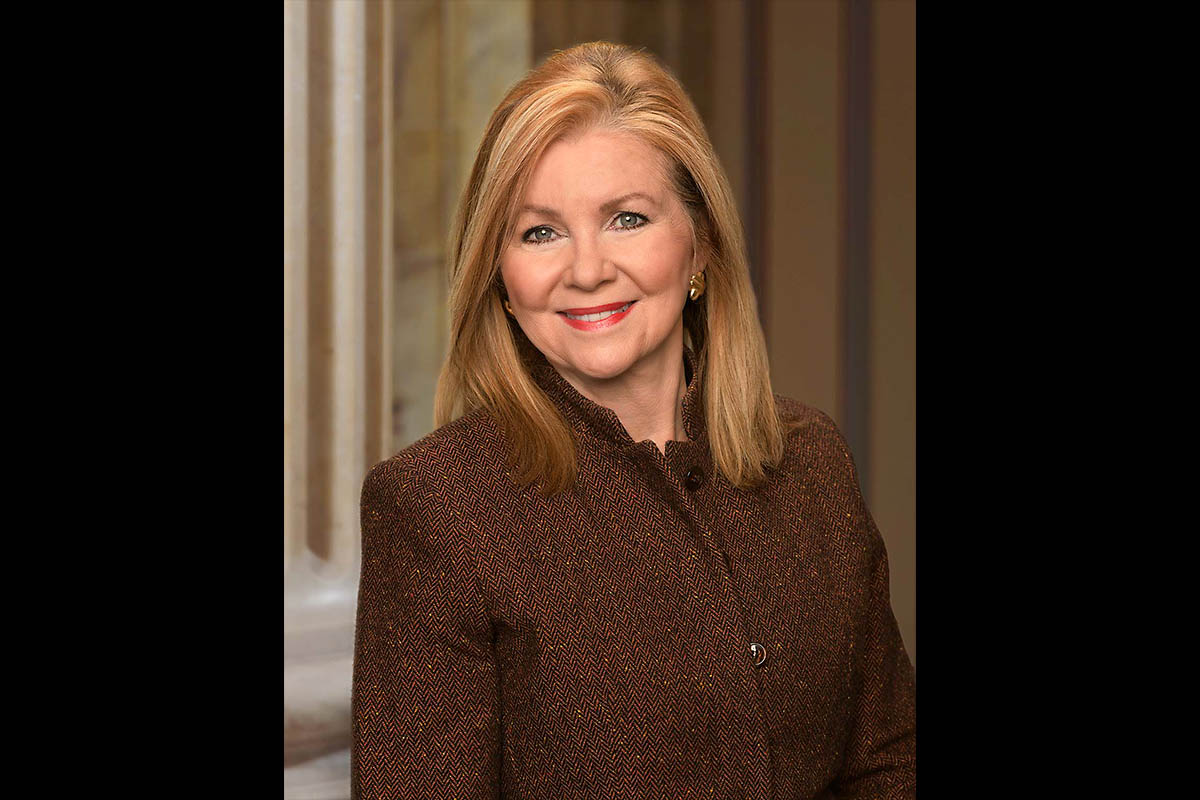 Washington, D.C. – Senator Marsha Blackburn (R-Tenn.) spoke on the Senate floor about protecting our country’s freedom for Independence Day.
Washington, D.C. – Senator Marsha Blackburn (R-Tenn.) spoke on the Senate floor about protecting our country’s freedom for Independence Day.
Remarks as Prepared.
Thank you, Mister President.
In 1826, a very old and feeble John Adams received a group of Quincy, Massachusetts town leaders who were seeking his help in planning an anniversary celebration of the Declaration of Independence. They wanted Adams to pen a toast to be read at the event. Imagine their surprise when Adams left them with just two words:

“Independence forever.”
They were probably hoping for something much more ambitious from America’s most introspective Founding Father.
To me, though, “Independence forever” perfectly captures the nature of the Declaration of Independence—the anniversary of which we’ll all celebrate next week.
In the Declaration, our Founding Fathers recognized that “Governments long established should not be changed for light and transient causes,” but that true liberty could not thrive in the grasp of tyranny.
Today, freedom reveals itself in the lives and actions of every American, and it’s our responsibility to preserve it, on the battlefield, and through our everyday actions.
With every confirmation of a District or Circuit court judge, we preserve an essential right guaranteed by the First Amendment—the right to petition the government for a redress of grievances.
Earlier this month I introduced a resolution supporting free speech on college campuses, because it is beyond distressing to hear students and their professors argue that encouraging the open exchange of ideas amounts to an act of violence. This proud hostility toward diversity of thought should serve as a reminder that questions of freedom rarely remain “settled.”
Last week, famed economist Dr. Art Laffer was awarded the Presidential Medal of Freedom. The “father of supply-side economics” only became so because he was free to learn from professors and apply the knowledge he gained to his own, groundbreaking work in shaping America’s economic policy.
Looking beyond Washington, it’s easy to see many more examples of freedom in action.
Back home in Nashville, we enjoy the artistry of some of the world’s most talented songwriters, singers, and producers, who have never once had to ask permission from any Government official to write a song about a broken heart or an act of injustice.
The connections we form with each other, whether it be though art, song, or a conversation at the cash register, run deep; the thoughts and emotions we experience when confronted with provocative ideas are just as much a celebration of freedom as a flag-raising ceremony or fireworks display.
This is why the very idea of censorship, or a global standard for speech and association, rouses immediate dissent.
We know that these collective understandings regarding a particular type of speech or behavior inevitably lead to collective insistence that the problems of the world could be resolved if only we would agree to compromise on the finer points of freedom. Those “understandings” assume that the intellectual comfort of the many simply must, just this once, override the ideas of the vocal minority.
As we prepare to leave Washington in anticipation of Independence Day, I would encourage my friends in Congress to challenge their own ideas of what “freedom” looks like. While John Adams probably never imagined a world of cable news and comments sections, he provided us with the only context we need when confronted with the choice of preserving freedom, or letting it slip away:
“Independence forever.”
I yield the floor.



